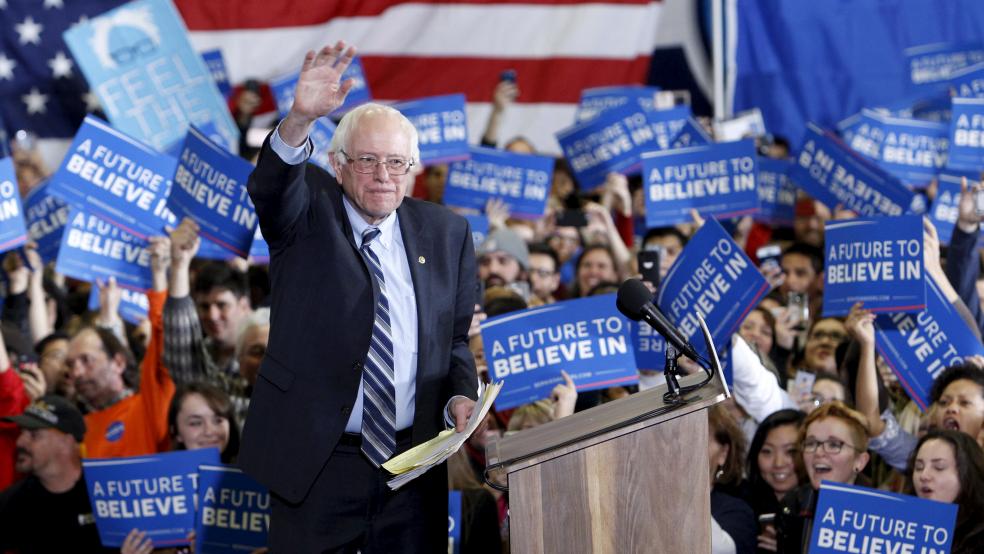The Democratic Party appears to be waking up to the fact that its nomination process isn’t going quite as planned.
On Wednesday, CNN announced it will hold a previously unscheduled town hall event with all three Democratic presidential contenders in Iowa next Monday, a week before the state’s caucuses on Feb. 1.
Related: Why Hillary Clinton Has a Tenuous Hold on Black Voters
The surprise prime-time event is belated recognition by the Democratic Party that it has a real race on its hands between former Secretary of State Hillary Clinton and Sen. Bernie Sanders (I-VT).
It wasn’t supposed to be this way. Many Democrats assumed Clinton would have an easy walk to the nomination, and the party apparatus got behind her early.
But now Debbie Wasserman Schultz, the six-term congresswoman from Florida who chairs the Democratic National Committee, has come under fire from liberals for planning so few presidential debates and scheduling three of the first four on weekend evenings – including last Sunday, on a day dominated by two major NFL playoff games.
Sanders and former Maryland Governor Martin O’Malley have said the timing of the debates was intentional, to help what was once expected to be an uncontested coronation of Clinton as the party’s standard-bearer.
Related: Hillary Clinton Gets a Taste of What Could Be a Painful 2016
Sanders has changed all of that. Recent polls show Clinton with a slim lead over the self-described democratic socialist in Iowa. Scheduling a town hall event just a week before the caucuses gives the former First Lady another chance to highlight her differences with Sanders and hammer home the case for her candidacy.
Clinton’s troubles extend beyond the Hawkeye State. A CNN/WMUR survey released late Tuesday shows Sanders with an astounding 60-33 lead in New Hampshire, which holds the country’s first primary on Feb. 9.
Losses in both states could seriously hamper Clinton’s bid and drag out the Democratic primary.
Related: Is It Time for Clinton to Start Lowering Expectations in New Hampshire?
Adding another event to the calendar is also a tacit acknowledgement of the enthusiasm gap between Republicans and Democrats, as demonstrated by the debate ratings.
Last week’s GOP debate on Fox Business Network drew 11 million viewers, down from the network-record 13.5 million who watched the network’s first Republican debate two months ago.
The first two Republican debates last year remain the most-watched: 24 million on Fox News Channel in August and just over 23 million on CNN in September. Those numbers can be contributed in part to curiosity about Republican front-runner Donald Trump.
By comparison, Sunday night’s Democratic debate drew 10.2 million viewers. A debate hosted by ABC on the Saturday before Christmas in December had 7.8 million. Both are considerably off the roughly 15 million viewers who tuned in to the party’s first debate, on a Tuesday night in October, when there were still five contenders.
As Clinton continues to defend her frontrunner status, it wouldn’t be a surprise to see more events added to the calendar.





